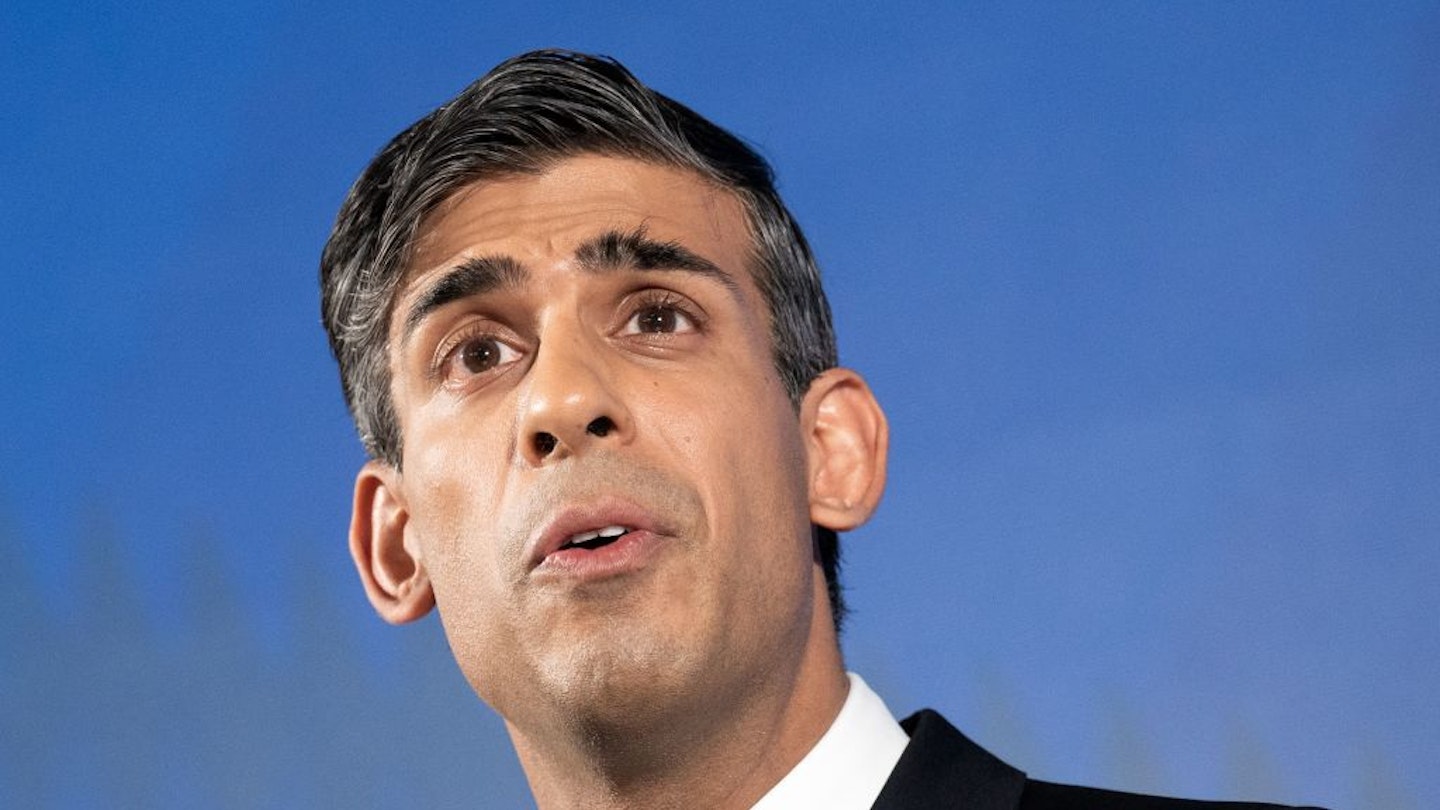There were lots of things people were anticipatingPrime Minister Rishi Sunak might say in his Domestic Policy speech, the first one of 2023. A statement on the dire state of the NHS, or a realistic plan to negotiate a fair deal with striking workers.A strategy to tackle the exponential rise of inflation and the cost of living.
And though, yes, he did speak about those things with the outline for his top five targets for 2023 – promising to somehow halve NHS waiting times and inflation, as well as, worryingly, push ahead with plans to further legislate industrial action – one thing we didn’t need was the news he’s looking to make it compulsory, up until the age of 18, to study Maths.
School is a long way behind me, but I remember the soul crushing tedium of double period maths. So inept was I that before my year 9 SATs, and year 11 GCSEs, my mum hired a private maths tutor to ruin my Saturday mornings. In fact, I’m pretty sure the only time in my life I’ve ever cried real tears of happiness was when I finished my Maths GCSE (I got a C) and knew I’d never have to do it ever again in my entire life.
It’s my firm belief that you’re either a good student in English or Maths, and never, save for those unearthly overachievers, both (a caveat can be made for those who are best at Science, but even they fall under the more mathematically minded among us, in my opinion.) Fifteen years after I put away a maths book for the last time, simple subtractions are well beyond me and I can honestly say I’ve never needed to use long division in my life. Two more years of mind-numbing drudgery wouldn’t have changed this; and anyway, it wasn’t true what our teachers told us in the early 00s – we DO always have a calculator to hand.
Against a backdrop of economic crisis, migrant rights violations and the ever-growing threat of climate catastrophe, Rishi prioritising the studying of maths in schools has seen him slammed on social media for being ‘out of touch’ – not least because, according to former Guardian editor Paul Johnson, the Tory government has slashed the recruitment target for Maths teachers by 39% since 2020.
‘One of the biggest changes in mindset we need in education today is to reimagine our approach to numeracy,’ he said. ‘Right now, just half of all 16-year-olds study any maths at all. Yet in a world where data is everywhere and statistics underpin every job, our children's jobs will require more analytical skills than ever before.’
It’s well known that Rishi, thanks in large part to his wealthy heiress wife, is the one of the wealthiest members of parliament, and before his ascent to chancellor of the exchequer in 2020, he was privately educated at the fourth spenniest public school in the UK, Winchester College, and studied economics, along with philosophy and politics, at Oxford uni. He’s also been MP for Richmond, Yorks – a quaint, middle classed constituency with soaring property prices and the lowest rate of pay for young people in the UK – since 2015, and was recently filmed promising to redirect funds from ‘deprived’ inner city areas into constituencies like his.
Rishi may think that the hyper-privileged life he leads is due to a firm grasp on Mathematics, but you only have to look at his background and voting records to see that the silver spoon in his mouth has played no small part. Like many on social media have pointed out, his incongruous education plan seems like little more than an attempt to distract from the bigger problems at hand.
